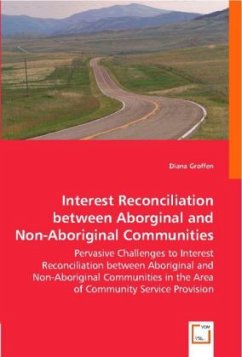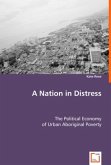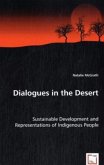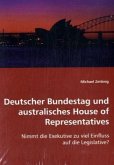This study explores the challenges faced by representatives of municipal and Aboriginal governments as they attempt to reconcile their respective community interests in order to increase cooperation in areas such as community and economic development. Interest reconciliation requires mutual understanding of the interests at stake. The most fundamental interest at stake in these relationships is community identity. Consequently, adequate understanding of the identities at stake on the part of representatives is critical. Moreover, given the relationship between community representatives and their constituents, it is important that communities as a whole understand each other. Such mutual understanding is often lacking. Shared learning is required to enhance mutual understanding. A lack of trust obstructs shared learning in so far as it creates skepticism. Trust is also dependent on mutual understanding and therefore is also often lacking. Overcoming the self-reinforcing dynamic this creates requires a concerted approach to shared learning that involves many diverse forms of inter-community interaction and all levels of society.
Bitte wählen Sie Ihr Anliegen aus.
Rechnungen
Retourenschein anfordern
Bestellstatus
Storno








